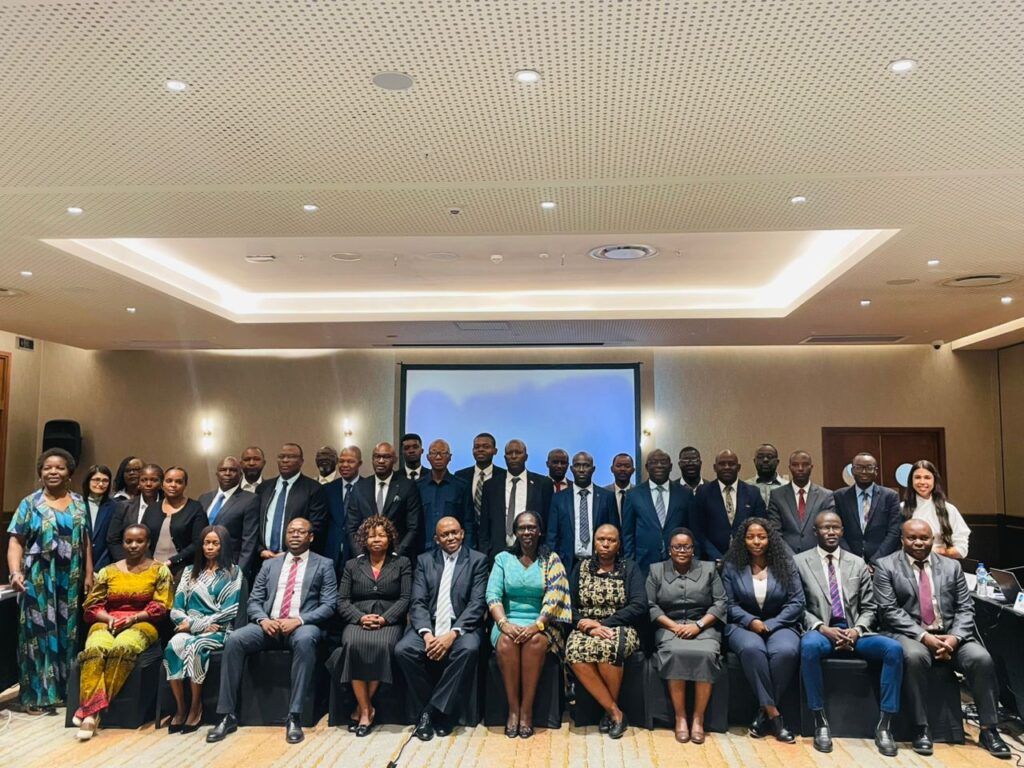
COMESA with support from the Team Europe Technical Assistance Facility (EU-TAF) has conducted a study to explore options to include selected trade in services to the Simplified Trade Regime (STR). The current regime does not include small scale cross border trade in services.
However, the recent past has seen a growing informal activity on cross border trade in services transactions or exchanges. To this end, various studies have been undertaken and of note is a study by the World Bank titled, From Hair Stylists and Teachers to Accountants and Doctors – The Unexplored Potential of Trade in Services in Africa”. The study details the existing potential for trade in services in Africa and its role in trade diversification by shedding more light on less explored areas such as informal trade in services.
COMESA took into account the significance of trade in services to regional growth and development, and through its programme for liberalizing trade in services has prioritised seven services sectors namely transport, communications, financial, tourism, energy, business and construction and related engineering.
Through exchange of offers and negotiations, the region has concluded and gazetted schedules of specific commitments in the first four priority services sectors, namely transport, communication, financial and tourism. The schedules of specific commitments indicate the level of market access and national treatment that member states are prepared to accord each other in the context of services liberalization. Negotiations are ongoing on the three additional priority sectors.
On 22 May 2025, the COMESA Secretariat held a validation workshop in Lusaka on the study to explore options for including selected trade in services to the Simplified Trade Regime. Eight COMESA STR implementing member states attended the workshop, as well as the EAC and SADC secretariats.
During the opening session of the workshop, Zambia’s Permanent Secretary at the Ministry of Commerce, Trade and Industry Mrs Lillian Bwalya pointed out that the idea to explore the inclusion of selected trade in services to the STR is not an idle one given the importance of services in the economies of COMESA member states. “You may wish to note that for the COMESA member states, formal trade in services accounts for over 50% of the regional Gross Domestic Product,” said Mrs Bwalya.
Zambia is among COMESA countries implementing the STR with Zimbabwe at Chirundu and Victoria Falls borders and with Malawi at the Mwami-Mchinji border since 2010.
From inception, the STR has only focused on simplifying trade and customs procedures for small-scale cross border traders pertaining to trade in goods. Eight of the 21 COMESA member states are implementing the STR.
COMESA’s Director of Legal and Corporate Affairs encouraged participants to carefully analyse the report and provide valuable input as the STR remains an important regional trade facilitation tool for small scale cross border traders to benefit from the tariff preferences available under regional integration. He expressed gratitude to the Team Europe Technical Assistance Facility for providing technical and financial support for the work.

